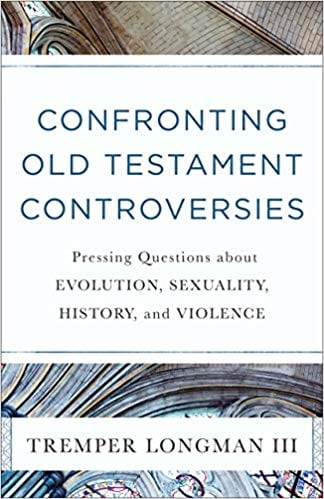Q. You use the two books metaphor to refer to the Bible and to nature, and what we can learn about God from each. I was reminded of 1 Kings 19, where we are told, that other than a general impression that there is an almighty God who created it all (so Rom. 1), you can’t discern God’s will from analyzing nature (tell that to the insurance companies that talk about acts of God when they mean natural disasters). 1 Kings 19 says God and his will could not be discerned from examining earthquakes, fires, winds etc. What is the extent to which we learn something about the Biblical God from studying nature? Do we learn about order, or beauty? We don’t seem to learn anything from it about the direct means of salvation. What do you think?
A. Yes, I don’t want to give the impression that the “book of nature” gives us specific information about the nature of God or the means of salvation. Scripture is God’s special revelation in that important sense. I do believe that God’s “eternal power and divine nature” are revealed by what he has made (in keeping with Romans 1), but we only learn about the Father, Son, and Holy Spirit from Scripture. We indeed get glimpses of the nature of God by the order and beauty of nature. But we also have to remember that the “creation was subjected to frustration” (Rom. 8:20, with reference to Genesis 3 via the Teacher’s observation that life is “meaningless” [mataiotes, the Greek terms used to translate hebel in Ecclesiastes is the same word translated “frustration” in Romans]). So the order is not perfect and the beauty is marred.
The point in my book is that the Bible (God’s first book) does not speak to the how of creation, so we can explore God’s second book (nature) to seek to answer that question. On that basis, evolutionary theory does not threaten biblical truth, and since evolution is so overwhelmingly supported by the fossil record and the genetic record, we look foolish saying otherwise.













